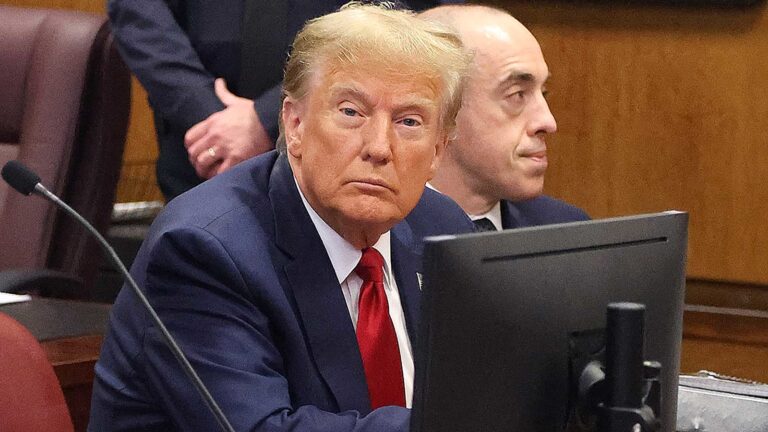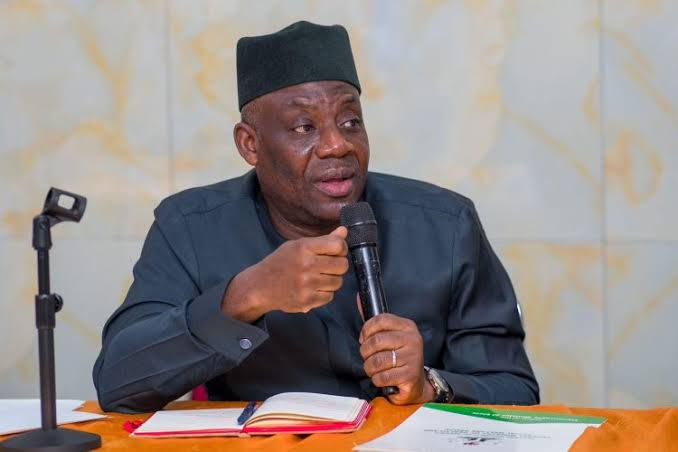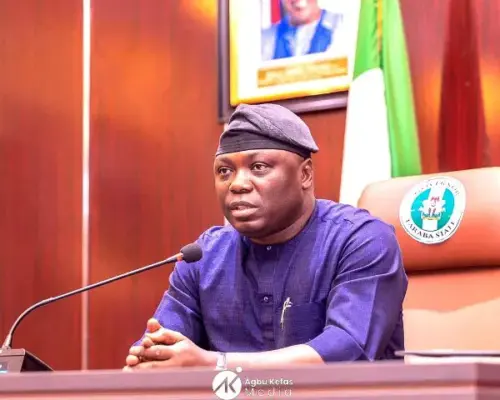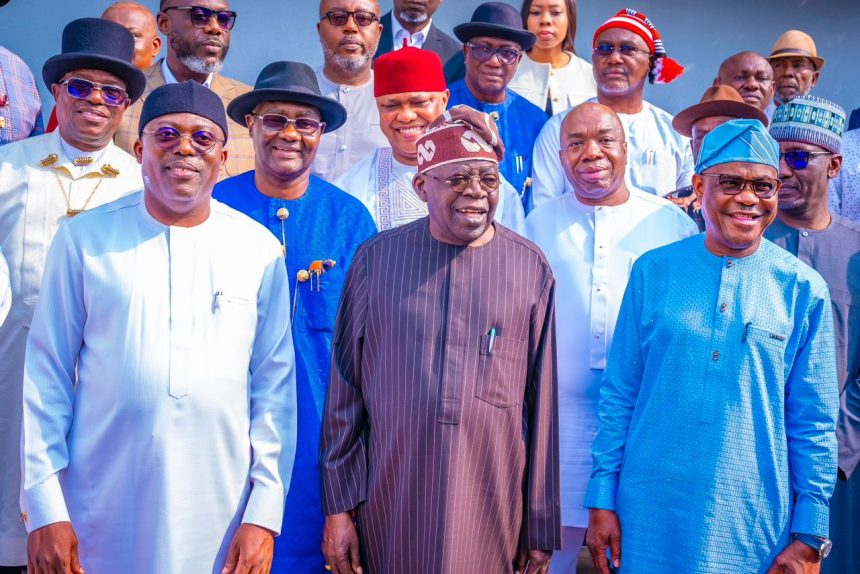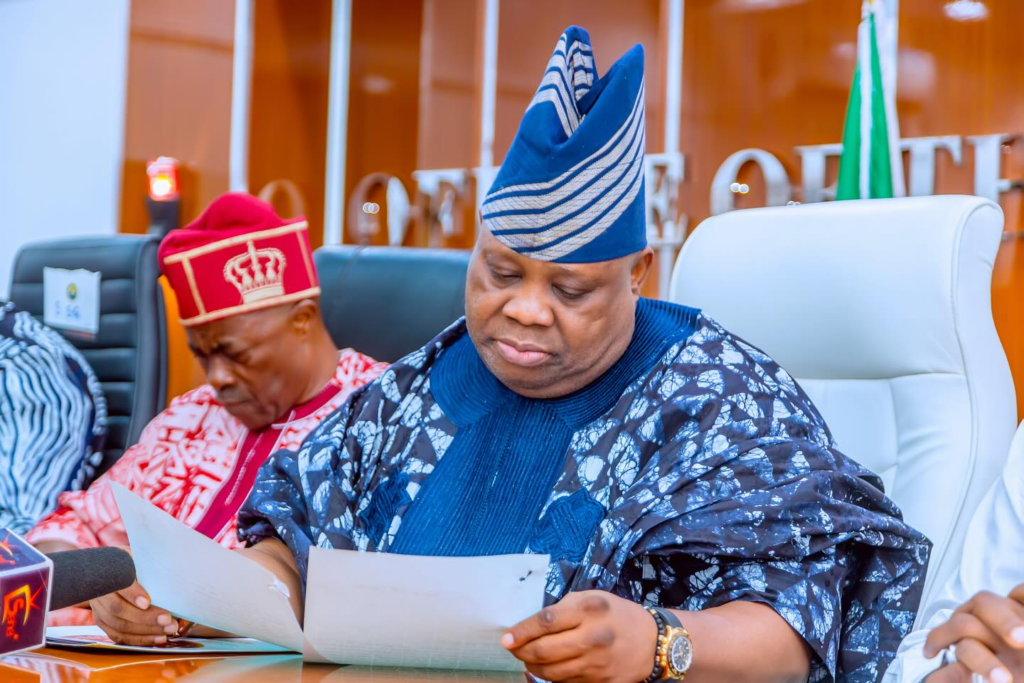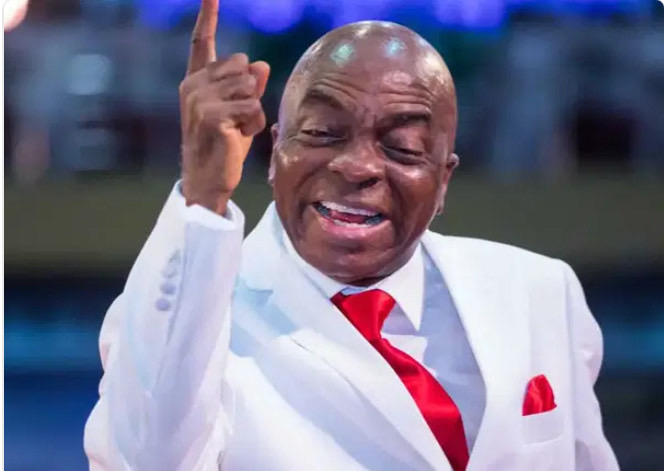In a significant legal development, former President Donald Trump and his companies have been ordered to pay $354.8 million for engaging in fraudulent business practices, along with facing a three-year ban from the New York real estate business, as ruled by Judge Arthur Engoron on Friday afternoon.
This decision comes on the heels of an 11-week-long civil trial held in New York, where Donald Trump and three of his adult children provided testimony.
The legal proceedings were initiated in September 2022 when New York Attorney General Letitia James filed a lawsuit against Trump and his children, alleging the issuance of fraudulent financial statements. The accusations included over 200 instances of false and misleading asset valuations between 2011 and 2021, allegedly aimed at securing more favorable business deals.
Letitia James hailed the ruling as a “tremendous victory for this state, this nation, and for everyone who believes that we all must play by the same rules—even former presidents.”
In a statement, James emphasized the principle that powerful individuals resorting to dishonest practices for improved loans negatively impact honest and hardworking citizens. She stressed the importance of consistent rules for everyone, highlighting that everyday Americans cannot deceive banks to secure mortgages without facing severe consequences.
This development adds another layer to the legal challenges faced by Donald Trump and his businesses, signaling potential implications for their future dealings in the New York real estate sector.
In a pivotal ruling, Judge Arthur Engoron affirmed that former President Donald Trump and his associates, including his adult sons, engaged in a scheme where they significantly inflated Trump’s net worth and the value of his real estate assets. This strategy was allegedly employed to secure lucrative deals and obtain substantial loans.
Following this determination, the judge was tasked with deciding the liability of the Trumps and, if found liable, determining the appropriate penalties.
As a result of Friday’s ruling, the defendants, including former President Trump, are facing a potential financial obligation of $463.9 million. This includes the initial fine and the prejudgment interest imposed by the court, as outlined by a spokesperson for the New York attorney general.
Specifically, Donald Trump is expected to owe approximately $453.5 million, comprising the $354.86 million fine and an additional $98.6 million in interest. Notably, the interest accrues daily, underscoring the financial consequences for the defendants in case of delayed payment. The court’s decision marks a significant development in the legal challenges confronting Donald Trump and his associates.
Addressing the press at his Mar-a-Lago club, former President Donald Trump characterized the recent decision against him and the Trump Organization as a “sad day” for the country. Trump expressed his dissatisfaction with the ruling, alleging that the New York state judge overseeing the case was “crooked” and suggesting that the outcome was anticipated by many, although not for the specified amount. He went on to label the judge as “very dishonest.”
In response to Trump’s comments, Judge Arthur Engoron, who delivered the ruling, sharply criticized the Trumps and their co-defendants for their perceived lack of contrition and remorse, which he characterized as bordering on pathological. Engoron emphasized that the accusations centered on inflating asset values for financial gain and described this as a venial sin, distinguishing it from more severe offenses. The judge highlighted the defendants’ refusal to acknowledge their wrongdoing, adopting a stance of denial despite clear evidence to the contrary.
Engoron’s ruling underscored the gravity of the fraudulent activities, asserting that the frauds revealed in the case were glaring and morally reprehensible, noting that they “leap off the page and shock the conscience.” The judge’s scathing remarks highlighted his dissatisfaction with the defendants’ conduct throughout the legal proceedings.
In his assessment of Donald Trump’s testimony, Judge Engoron noted that the former president exhibited a tendency to provide infrequent and often tangential responses to the questions posed. Engoron observed that Trump frequently veered into lengthy, irrelevant speeches on topics well beyond the trial’s scope. The judge pointed out that this approach, characterized by a reluctance to answer questions directly or, in some instances, at all, significantly undermined Trump’s credibility throughout the proceedings.
Contrary to his earlier order in September, which annulled the defendants’ business certificates, Engoron revised his decision. Instead, he mandated the appointment of an independent monitor to supervise the Trump Organization for a minimum of three years. Additionally, Engoron directed the installation of an Independent Director of Compliance within the company.
The judgment found both of Trump’s sons, Donald Trump Jr. and Eric Trump, liable in the case. Each son is required to pay $4,013,024 and is prohibited from assuming roles as officers or directors of New York companies for a period of two years.
Judge Engoron specifically addressed several key defenses presented by the Trumps, challenging assertions such as the imprecision and subjectivity of real estate appraisal, along with the claim that property valuations encapsulate market nuances comprehensible only to sophisticated practitioners.
Judge Engoron dismissed the argument of real estate appraisal as a “great red herring in this case,” emphasizing that while appraising involves art and science, the scientific aspect cannot be fraudulent. He noted that starkly different assumptions in two appraisals indicate deceit, not a difference of opinion.
Addressing the “Blame the Accountants” narrative, Engoron stated that overwhelming evidence pointed to the Trump Organization, not the accountants, as the entity responsible for maintaining truthful supporting data valuations.
Throughout the trial, Trump derided the attorney general and Engoron, alleging a Democratic conspiracy against him. Eric Trump called the ruling a “total joke” and claimed it reflected an alternate universe.
Trump’s legal team vowed to appeal, emphasizing the potential broader impact on business transactions in New York. The Trump Organization criticized the ruling as a “gross miscarriage of justice” and expressed concern about the Attorney General’s purported limitless power.
In a busy week for Trump in court, another New York judge ruled that he would stand trial on March 25 for charges related to falsifying his company’s records to silence individuals with potentially embarrassing stories. Trump faces trial in multiple criminal cases, and arguments were heard on removing the Fulton County District Attorney from his Georgia election interference case.
Between Friday’s ruling and the outcomes in the trials against E. Jean Carroll, Trump now faces financial liabilities exceeding $443 million.

